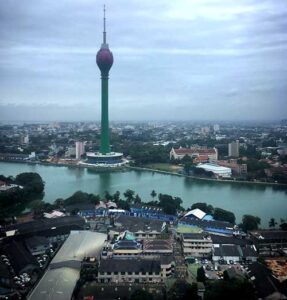The Patent rights are protected and governed by the Code of Intellectual Property Act No.52 of 1979, in Sri Lanka. The Patents holders are granted exclusive rights for their inventions for a period of 20 years as provided by the above-mentioned act on Intellectual Property Rights. The invention according to the Act is, “an idea of an inventor which permits in practice the solution to a specific problem in the field of technology”. An invention is patentable, “if it is new, involves an inventive step and is industrially applicable” but at the same time the Act does not lay down provisions for every invention to be patentable. In Sri Lanka, the approval of both product and process patents is as given in Section 59(2), whereby an invention may be a product or process or may contribute to it.

From the date of grant, a patent is valid till 15 years. A patent shall be renewed every year after two years of the grant until a term of fifteen years expires.
Sri Lanka is a member of the Paris Convention for the protection of intellectual property and thus, citizens of Sri Lanka can obtain patents for their inventions in any member country of the Paris Convention as per the national law of the relevant country. The applicants shall be given preference under this Convention.
Sri Lanka is a contracting party to the Patent Cooperation Treaty, and Sri Lanka is designated in PCT applications. The Sri Lanka registry is not a receiving office for the purposes of PCT applications and WIPO Headquarters in Geneva act for Sri Lanka as the receiving office.
In compliance with the World Intellectual Property Organization (WIPO) and the Patent Cooperation Treaty (PCT), all nationals or residents of Sri Lanka can apply for patent rights in Geneva. PCT application has the same effect as a national application filed in the designated countries.